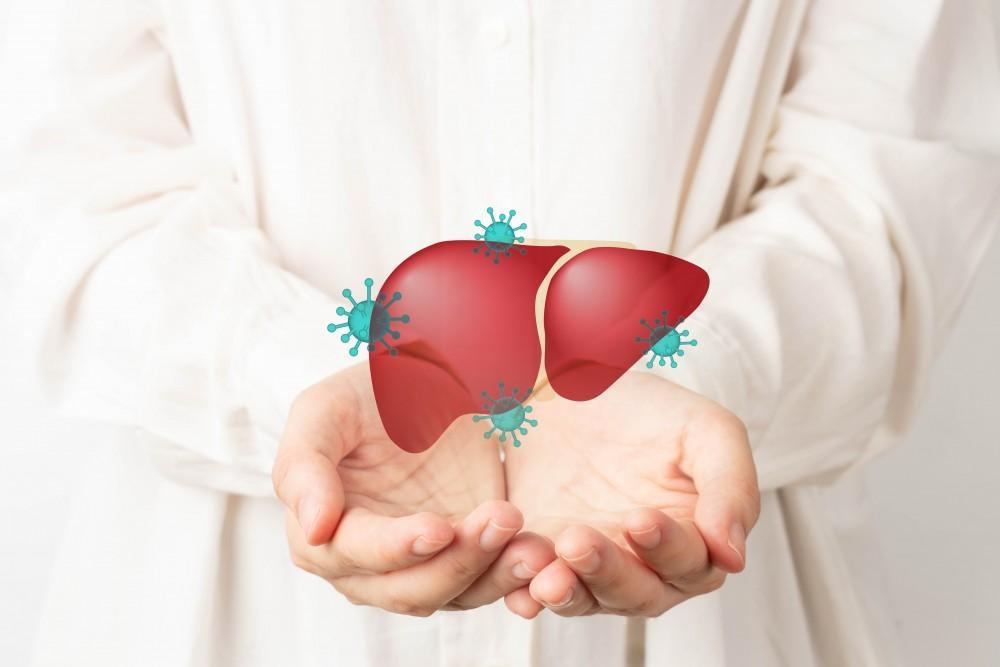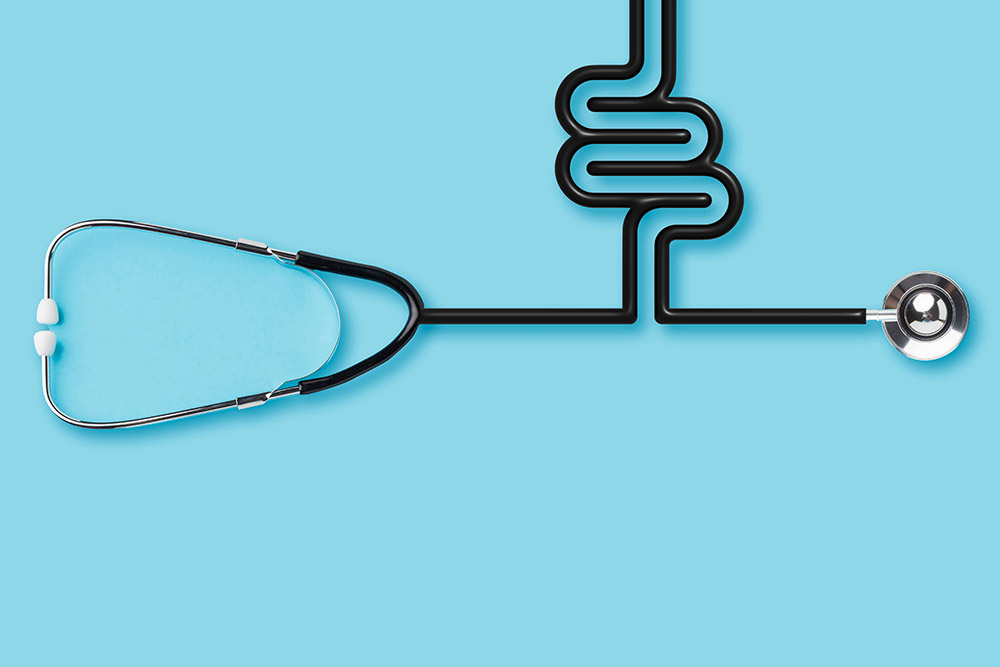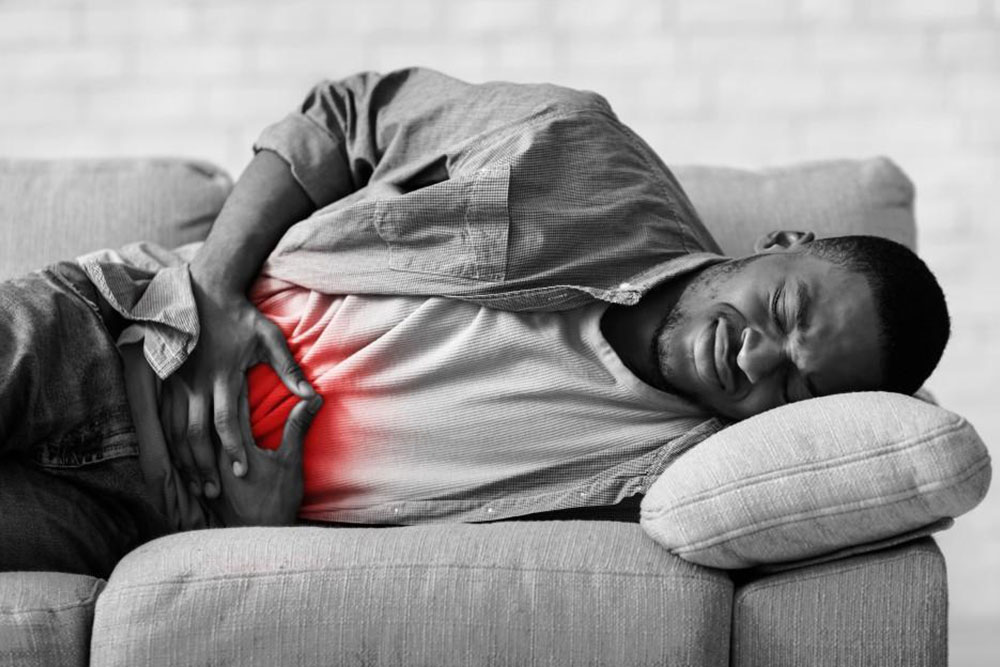What Is Jackhammer Esophagus?
Jackhammer esophagus is a rare swallowing disorder in which the muscles of your esophagus squeeze too hard and for too long. This excessive contraction makes swallowing difficult and can trigger chest pain or pressure. Some patients also experience heartburn or feel like food is getting stuck. While these symptoms can be alarming, they're treatable with gentle, proven care from Dr. Rishi Chadha at GastroDoxs in Houston.
Common Symptoms
- Chest pain during or after swallowing
- Difficulty swallowing food or pills
- Regurgitation of food or water
- A tight or stuck sensation in the throat
- Heartburn or acid reflux
Causes of Jackhammer Esophagus
- Acid reflux (GERD)
- Stress or anxiety
- Nerve problems affecting esophageal muscles
- Certain medications (for example, asthma inhalers)
- Age over 50
How Dr. Rishi Chadha Diagnoses Jackhammer Esophagus?
1. Review of Your Symptoms and Medical History
Dr. Chadha begins by discussing your swallowing difficulties, chest pain, heartburn, and overall health history to pinpoint possible triggers.
2. Esophageal Manometry
This key test measures the strength, coordination, and duration of muscle contractions in your esophagus during swallowing.
3. Upper Endoscopy
An endoscope is used to visually inspect the esophagus for inflammation, narrowing, or other structural issues that might contribute to your symptoms.
4. 24-Hour pH Monitoring
A small probe tracks acid levels in your esophagus over a full day, helping to identify reflux that may worsen contractions.
Frequently Asked Questions
What is jackhammer esophagus?
Jackhammer esophagus is a rare swallowing disorder where your esophageal muscles contract too forcefully and for too long, making swallowing painful and difficult.
How is it different from nutcracker esophagus?
While both involve overly strong contractions, jackhammer esophagus features longer, more powerful, and more painful muscle spasms than nutcracker esophagus.
Can it go away on its own?
No. Jackhammer esophagus typically requires medical evaluation and treatment to relieve symptoms and prevent worsening.
What helps treat it?
Treatment may include diet and lifestyle changes, medications (acid reducers, muscle relaxants, low-dose antidepressants), and minimally invasive procedures like Botox injections, balloon dilation, or POEM.
What test confirms it?
Esophageal manometry is the key diagnostic test that measures the strength and duration of your esophageal muscle contractions.
Is POEM safe?
Yes. Peroral Endoscopic Myotomy (POEM) is a minimally invasive procedure with a low risk of side effects, performed by experienced specialists like Dr. Chadha.
Can lifestyle changes help?
Absolutely. Eating smaller, softer meals, chewing thoroughly, avoiding trigger foods (spicy, alcohol, caffeine), and raising your bed's head can reduce symptoms.
Is Botox safe?
Generally yes. Botox injections relax the esophageal muscles; side effects are usually mild and may include temporary chest discomfort.
How long is recovery after dilation?
Most patients recover quickly and can resume normal eating within 1-2 days after balloon dilation.
Will I need lifelong medication?
Not always. Many patients gradually reduce or stop medications once their symptoms are well controlled under Dr. Chadha's guidance.











